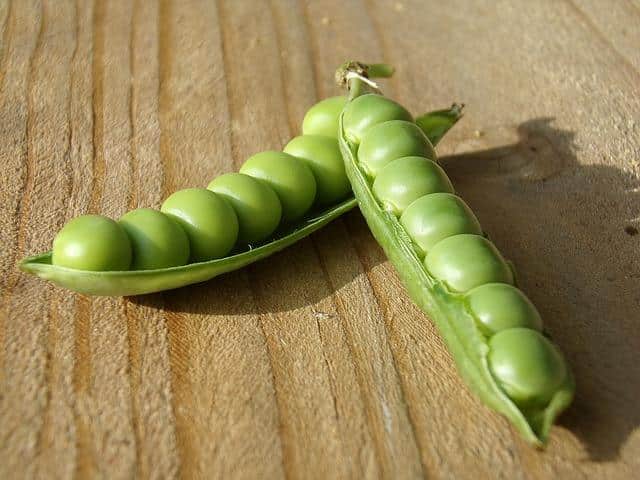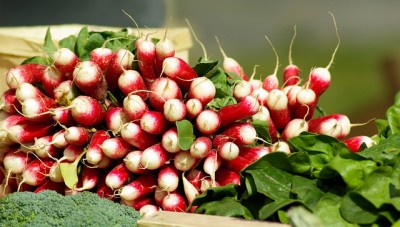
Time flies, doesn’t it? Prime time for planting certain long-season vegetables may have come and gone, but unless you live in a climate with a short growing season, you still have time to plant plenty of vegetables before the first frost.
Obviously, gardeners in super-hot climates might not be able to plant everything on this list, but for gardeners in most parts of North America, try planting these this month:
1. Bush beans – Check your calendar; if you have 45-65 days before the first average frost date in your area, then you have time to plant bush beans. Hold off if you tend to have early freezes; beans aren’t cold tolerant and are killed by frost.
2. Carrots, beets and turnips — Root crops aren’t typically fast-growing vegetables, but carrots, beets and turnip can burst out in a hurry in warm weather, and all three can tolerate a light frost. Look for them to ripen in 50-60 days.
Need Non-GMO Seeds? Get The Best Deals Here!
3. Kohlrabi – If you haven’t tried this mild, crunchy veggie, then there’s still time for a crop this year. Kohlrabi is ready to pick in 50-60 days and tolerates light frost. Although kohlrabi loves sunshine, it’s a cool season crop, so a spot in morning sunlight and afternoon shade is preferable.

4. Radishes – If you’re looking for a super-speedy, dependable vegetable, then you can’t miss with radishes. However, radishes don’t like extreme heat and may bolt in hot climates. Look for heat-tolerant varieties like Rover, Inca, Roxanne, Cherry Belle or Crunchy Royale.
5. Pak choi – Harvest this tender oriental vegetable after about a month, or wait another couple of weeks if you prefer pak choi in heads. Also known as bok choy, pak choi isn’t terribly finicky about high temperatures, but partial shade is a good idea if you’re concerned about bolting.
6. Peas – Plant peas in early July and be ready to harvest in 70 to 80 days. The plants are ready for harvest by autumn in most climates, but don’t worry about a light frost; peas can survive temps in the high 20s.
7. Lettuce (and other salad crops). What? Gardeners know that lettuce is a cool season crop that performs best in spring and autumn, but it’s possible to grow lettuce even in the heat of summer. With a few workarounds, you can continue to plant lettuce every two or three weeks throughout the season.
- Plant lettuce in semi-shade. A little light morning or evening sunlight is enough to keep your plants healthy, without bolting too soon. Use shade cloth if necessary, or plant lettuce to the north of a bean trellis, sunflowers or other tall plant.
- Grow lettuce in containers so you can move the veggies into shade as needed. If you use a heavy container, a rolling platform simplifies the task and saves your back.
- Provide plenty of water – preferably from a drip system or soaker hose. Never allow the soil to become bone dry.
- Try some of the following heat-tolerant varieties, which tend to be slow to bolt and resistant to bitterness. Butterhead/bibb lettuce – Adriana, Summer Bibb, Buttercrunch or Fireball; Romaine/cos – Green Towers, Cimmaron, Jericho or Little Gem; Iceberg/crisphead – Ithaca, Summertime, Calmar or Great Lakes; Red leaf – Red Fire, Lovelock, Red Sails or Ruby.
8. Garlic – Planting garlic in July is no problem. Let the garlic winter in the ground, then harvest it next summer.
9. Herbs – Fast-growing herbs suitable for planting in July include dill, coriander and parsley. Cilantro and basil are speedy growers, ready to snip in about a month.
What would you add to this list? Share your tips for planting in July in the section below:
Every Year, Gardeners Make This Dumb Mistake — But You Don’t Have To. Read More Here.









